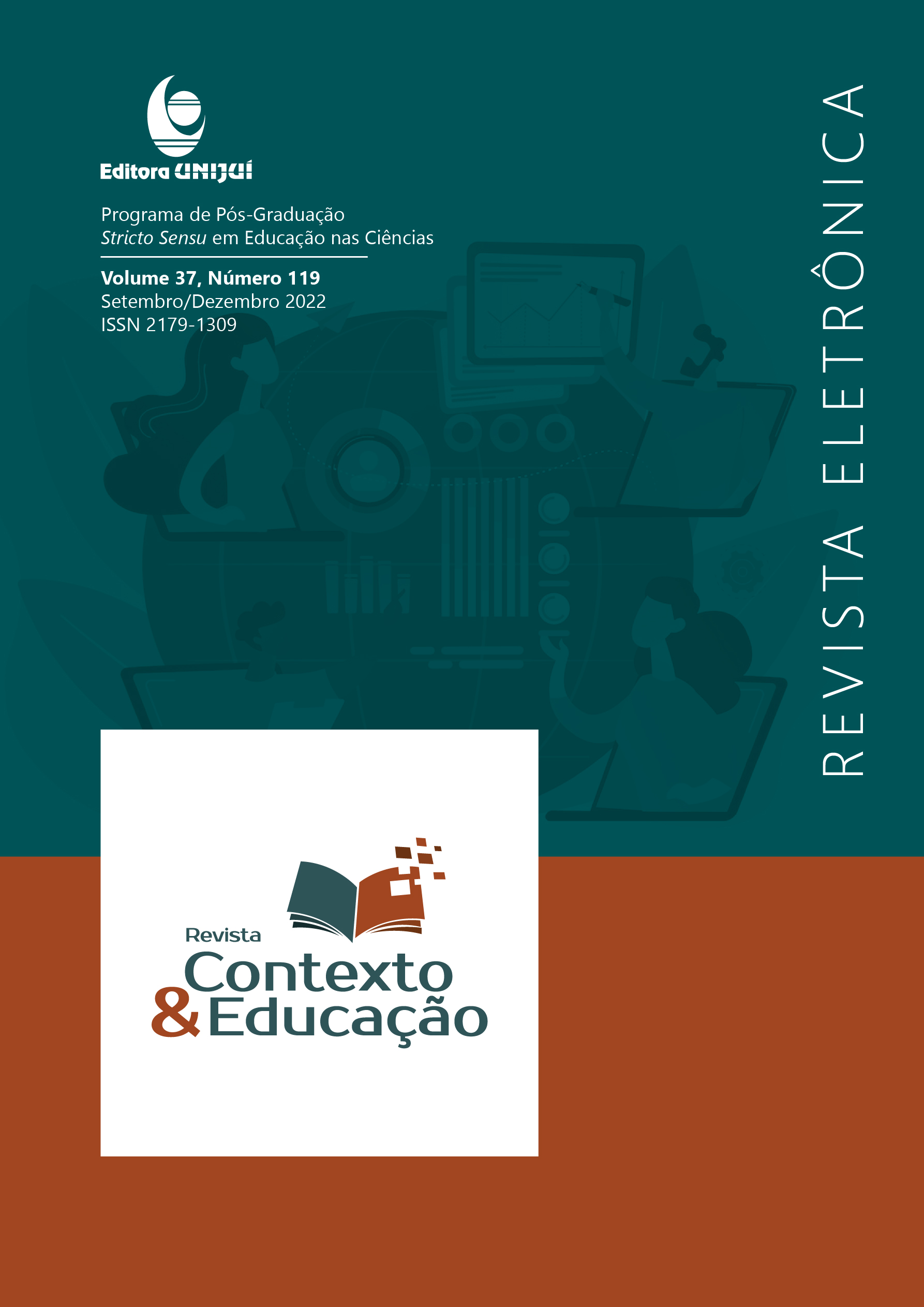Federal network of professional, scientific and technological education in Brazil: reflections on its creation in the light of the educational proposals of Antonio Gramsci
DOI:
https://doi.org/10.21527/2179-1309.2022.119.13181Keywords:
Concepção de educação, Educação profissional e tecnológica, Gramsci, Trabalho e educaçãoAbstract
The expansion of vacancies in Professional and Technological Education (EPT), through the creation of the Federal Institutes of Education, Science and Technology (IFs), was one of the most prominent educational policies in the Lula administrations (2003-2011). This article seeks to analyze the proximity between the concept of EPT implicit in the creation of the Federal Network of Professional, Scientific and Technological Education and the educational proposals of Antonio Gramsci. Such proposals were discussed based on documentary research considering their historicity, a fundamental aspect for a better understanding of the theoretical formulations and educational proposals at the time. With regard to the possibilities of applying Gramscian proposals in the national EPT educational system, the public policy for the creation of IFs was analyzed based on Law n. 11,892/2008. It was found that the legal text brings great approximation to Gramscian ideals by creating specialized institutes offering everything from initial and continuing training of workers to undergraduate and graduate technological professional education in all branches of investigation and scientific work, in all States of Brazil, a fruitful environment for the development of both disinterested and interested training, with a strong link between theory and practice, stimulating a critical spirit aimed at empirical investigation.
Downloads
Published
How to Cite
Issue
Section
License
Copyright (c) 2022 Revista Contexto & Educação

This work is licensed under a Creative Commons Attribution 4.0 International License.
By publishing in Revista Contexto & Educação, authors agree to the following terms:
All works are published under the Creative Commons Attribution 4.0 International License (CC BY 4.0), which allows:
Sharing — to copy and redistribute the material in any medium or format;
Adaptation — to remix, transform, and build upon the material for any purpose, even commercially.
These permissions are irrevocable, provided that the following terms are respected:
Attribution — authors must be properly credited, a link to the license must be provided, and any changes made must be indicated.
No additional restrictions — no legal or technological measures may be applied that legally restrict others from doing anything the license permits.
Notices:
The license does not apply to elements that are in the public domain or covered by legal exceptions.
The license does not grant all necessary rights for specific uses (e.g., image rights, privacy, or moral rights).
The journal is not responsible for the opinions expressed in the articles, which are the sole responsibility of the authors. The Editor, with the support of the Editorial Board, reserves the right to suggest or request modifications when necessary.
Only original scientific articles presenting research results of interest that have not been previously published or simultaneously submitted to another journal with the same purpose will be accepted.
Mentions of trademarks or specific products are intended solely for identification purposes and do not imply any promotional relationship by the authors or the journal.
License Agreement (for articles published from October 2025): Authors retain the copyright to their article and grant Revista Contexto & Educação the right of first publication.


